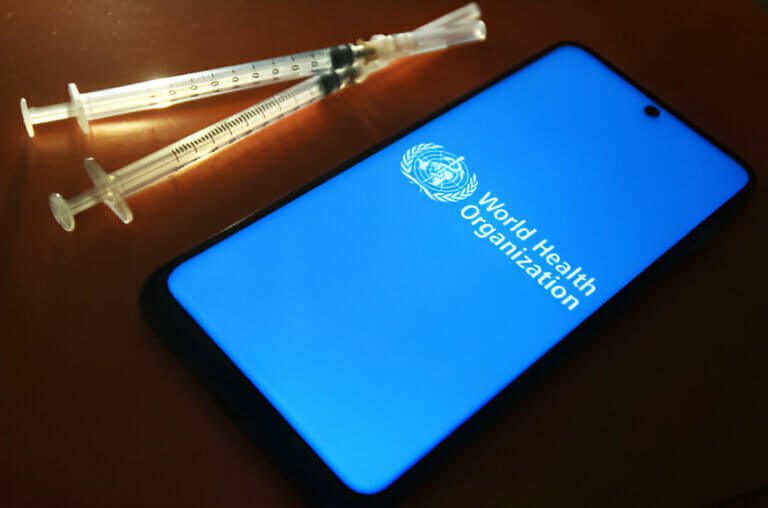Amidst the evolving landscape of mental health treatments, the FDA’s recent decision to block MDMA therapy for PTSD has sparked debate and concern within medical and advocacy circles. As stakeholders navigate the implications of this ruling, questions arise regarding the future of innovative therapies for trauma-related disorders. With stakeholders advocating for reconsideration and emphasizing the pressing need for alternative treatment options, the conversation around psychedelic therapies unfolds against a backdrop of evolving perspectives and regulatory challenges.
Article Highlights
- FDA’s non-approval of MDMA therapy for PTSD is due to significant limitations in the drug’s application, prompting the need for an additional late-stage study expected to last several years.
- Concerns raised by the FDA include safety, efficacy, potential risks, and integrity issues in previous studies of MDMA therapy for PTSD.
- Advocacy from military veterans and lawmakers is urging the FDA to reconsider their decision on MDMA therapy for PTSD.
FDA’s Decision and Implications
The FDA’s recent decision to block MDMA therapy for PTSD treatment has sparked debates and raised concerns within the medical and advocacy communities. The FDA’s non-approval of MDMA for PTSD therapy was primarily based on significant limitations identified in the drug application, preventing the agency from reaching determinations on safety and efficacy. The need for an additional late-stage study, expected to take years and require substantial funding, further delays the potential approval of MDMA as a treatment for PTSD. This decision is significant as MDMA could have been the initial illegal psychedelic approved as a medicine, potentially opening doors for further research and treatment options for patients suffering from PTSD. The FDA’s ruling followed a negative vote from an advisory panel and has left many questioning the future of psychedelic therapies in mainstream medicine.
Concerns Raised by FDA
Amid the FDA’s evaluation of MDMA for PTSD therapy, concerns regarding safety, efficacy, and study integrity have been prominently raised, shaping the agency’s decision-making process. Significant limitations were identified in the MDMA application, leading the FDA to be unable to reach determinations on safety and efficacy. Risks such as heart problems, injury, and potential abuse were cited. Furthermore, the majority of patients in studies guessed their treatment type, impacting the integrity of the studies. During the review process, allegations of researcher misconduct also emerged. These combined factors contributed to the FDA’s decision to decline approval for MDMA therapy in treating PTSD.
| Concerns Raised by FDA |
|---|
| Significant limitations in MDMA application |
| Safety and efficacy determinations could not be reached |
| Risks of heart problems, injury, and potential abuse |
| Majority of patients in studies guessed treatment type |
| Allegations of researcher misconduct during review process |
Advocacy and Support for MDMA
Advocates for MDMA therapy in treating PTSD have garnered notable support from military veterans, lawmakers, and advocacy organizations, highlighting the pressing need for innovative treatment options in mental health care. Military veterans, who are facing high rates of PTSD, have been vocal in lobbying for psychedelic therapy, citing the limited efficacy of current treatments and the alarming suicide rates among their peers. Over 80 lawmakers have signed letters urging the FDA to reconsider its decision, emphasizing the potential of MDMA combined with therapy in addressing the complex nature of PTSD. Advocacy groups like MAPS have played a pivotal role in funding initial studies, underscoring the growing momentum behind psychedelic-assisted therapies as a promising avenue for treating hard-to-treat mental health conditions.
Readers Also Ask
What Were the Specific Limitations Identified in the MDMA Application?
The specific limitations identified in the MDMA application included challenges in establishing safety and efficacy, concerns about heart problems, injury risks, and potential abuse. Additionally, issues with study integrity arose due to patient guesses on treatment types.
How Did the Advisory Panel Vote on MDMA Therapy for Ptsd?
The advisory panel on MDMA therapy for PTSD voted against approval. Concerns over safety, efficacy, and study integrity led to this decision. Patients guessing treatment type and allegations of researcher misconduct impacted the panel’s findings.
What Types of Risks Were Associated With Using MDMA for Ptsd?
Using MDMA for PTSD posed risks including heart problems, injury, and potential abuse. Study integrity was compromised as patients guessed treatment types. Allegations of researcher misconduct surfaced. These challenges led FDA to decline approval for MDMA therapy.
How Did Allegations of Researcher Misconduct Impact the Review Process?
Allegations of researcher misconduct complicated the FDA review process, casting doubt on the integrity of the data. These claims created skepticism around the reliability of the study outcomes, adding a layer of uncertainty to the evaluation of MDMA as a therapy for PTSD.
Which Other Psychedelics Are Currently Under FDA Review for Therapy?
Psychedelics like psilocybin and LSD are currently under FDA review for therapy. Startups like Compass Pathways and Usona Institute are conducting late-stage studies. Interest in psychedelics for therapeutic use is on the rise.



